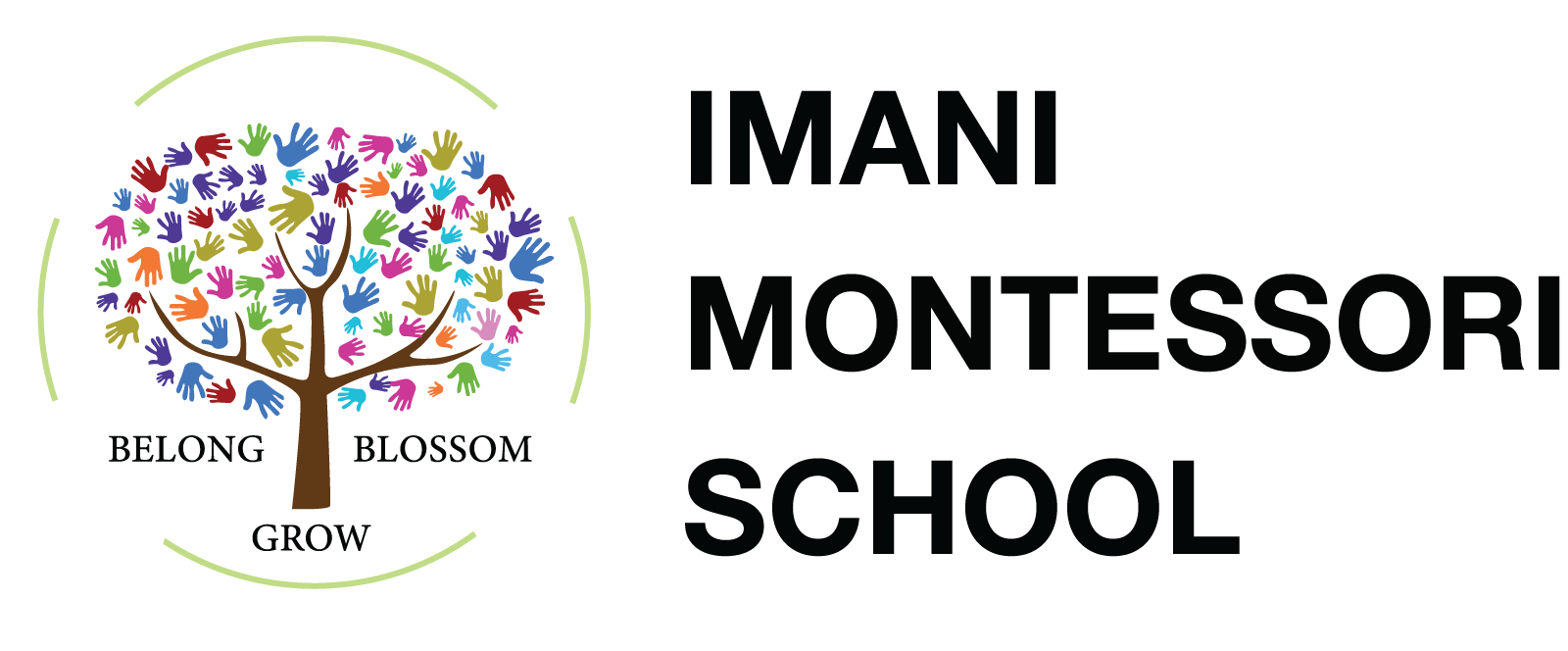Cambridge Key Stage 1, spanning Year 1 and Year 2, is a crucial segment of the International Cambridge Education curriculum, designed with the fundamental goal of providing a robust foundation for young learners. This curriculum goes beyond traditional education, focusing on key areas that foster not only academic excellence but also holistic development. Let’s dive into the essential aspects that make up the Cambridge Key Stage 1 Year 1 curriculum.
1. Core Subjects: Building Foundations for Literacy and Numeracy
At the heart of the Cambridge Key Stage 1 Year 1 curriculum are core subjects that lay the groundwork for essential literacy and numeracy skills. English, Mathematics, and Science form the backbone, ensuring that students develop a strong foundation in these fundamental areas. The curriculum structures these subjects to be engaging and age-appropriate, creating an environment where learning is both enjoyable and impactful.
2. Holistic Development: Fostering Creativity and Critical Thinking
The Cambridge curriculum recognizes that education goes beyond textbooks. In addition to academic subjects, there is a strong emphasis on holistic development. Year 1 students are encouraged to explore their creativity, enhance critical thinking, and develop problem-solving skills. This holistic approach ensures that students not only accumulate knowledge but also acquire the skills necessary for success in a rapidly changing world.
3. Integrated Learning: Connecting Subjects for Practical Application
One standout feature of the Cambridge Key Stage 1 Year 1 curriculum is its promotion of integrated learning experiences. Students are encouraged to explore the connections between different subjects, allowing them to see the relevance and applicability of their knowledge in practical contexts. This integrated approach not only enriches the learning experience but also cultivates a deeper understanding of the interconnected nature of the world.
4. Assessment: Focusing on Progress and Formative Evaluation
Assessment in Year 1 adopts a child-centered and formative approach. The primary focus is on understanding each child’s progress and development. Unlike high-stakes testing, the assessments are designed to support learning rather than create undue pressure. This approach ensures that educators can tailor their teaching methods to suit the individual needs and learning styles of each student.
5. Child-Centered Approach: Tailoring Education to Individual Needs
The Cambridge Key Stage 1 Year 1 curriculum is meticulously crafted to be child-centered. It recognizes and accommodates the individual needs, interests, and learning styles of each student. This personalized approach ensures that every child can progress at their own pace, fostering a positive and supportive learning environment.
6. Parental Involvement: Encouraging Collaboration for Success
Acknowledging the crucial role parents play in a child’s education, the curriculum promotes parental involvement. By encouraging a collaborative approach between parents and educators, the curriculum aims to create a seamless learning experience that extends beyond the classroom. This partnership ensures that the child receives consistent support and encouragement both at home and at school.
The Cambridge Key Stage 1 Year 1 curriculum at the International School Imani Montessori in Nairobi is not just an academic roadmap; it’s a holistic educational journey. It aims to provide a well-rounded education that not only prepares students academically but also nurtures their personal, social, and emotional development. With a focus on individualized learning, integrated experiences, and collaborative partnerships, this curriculum paves the way for a future where young learners can unlock their full potential.


Join the Conversation